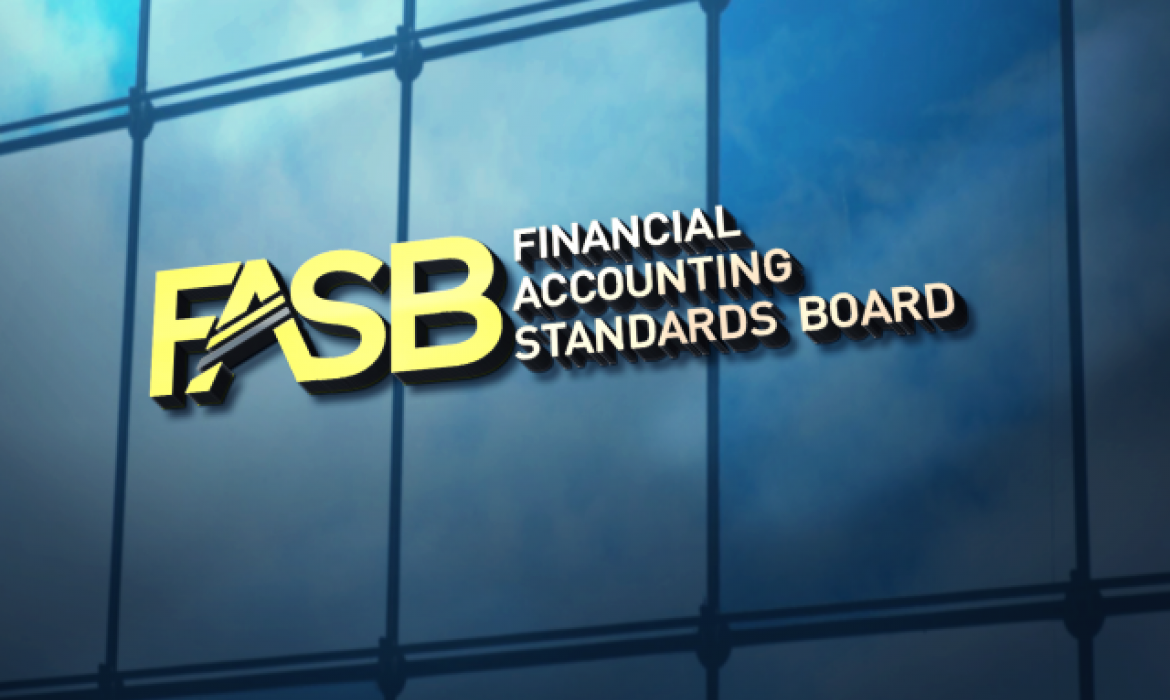The Financial Accounting Standards Board (FASB) issued a proposed Accounting Standards Update on Sept. 30 that would clarify guidance on share-based payments that are granted by an entity as consideration payable to a customer.
Last June, the board decided to add a project to its technical agenda to improve the accounting guidance under Topic 606, Revenue from Contracts with Customers, and Topic 718, Compensation—Stock Compensation, for share-based consideration payable to a customer in conjunction with selling goods or services.
In the proposed ASU the FASB says:
Some entities offer to provide consideration to a customer (or to other parties that purchase the entity’s goods or services from the customer) to incentivize the customer (or its customers) to purchase goods and services. Although consideration payable to a customer often takes the form of cash or credit that can be applied against amounts owed to the entity, it also can take the form of equity instruments (or other types of share-based consideration) such as warrants. When share-based consideration is granted to a customer (a grantee), it often vests upon the grantee purchasing a specified volume or monetary amount of goods and services from the grantor.
The guidance in Topic 606, Revenue from Contracts with Customers, requires that an entity account for consideration payable to a customer as a reduction of the transaction price and, therefore, as a reduction of revenue unless the payment to the customer is in exchange for a distinct good or service.
The amendments in Accounting Standards Update No. 2019-08, Compensation—Stock Compensation (Topic 718) and Revenue from Contracts with Customers (Topic 606): Codification Improvements—Share-Based Consideration Payable to a Customer, require that a grantor apply the guidance in Topic 718, Compensation—Stock Compensation, to measure and classify share-based consideration payable to a customer (the “Topic 718 approach”). Those amendments also require that if share-based consideration payable to a customer contains vesting conditions, the grantor must determine whether the vesting conditions represent service conditions or performance conditions. That determination can affect when the grantor recognizes revenue because it is required to estimate the probable outcome of a performance condition (and, therefore, whether the share-based consideration is expected to vest or is expected to be forfeited). By contrast, for service conditions, instead of estimating forfeitures, a grantor can elect to account for forfeitures as they occur. When the grantor elects to account for forfeitures as they occur, revenue recognition may be delayed for awards that are not probable of vesting.
Stakeholders indicated that this delay in revenue recognition can diminish the decision usefulness of a grantor’s revenue information. For example, revenue may be recognized upon the forfeiture of warrants that were not expected to vest. Therefore, revenue may be recognized several reporting periods after the grantor has satisfied the related performance obligation(s), even if in that time there has been no change in the likelihood that the award will vest. Stakeholders also noted that the current guidance for forfeitures can increase the differences in financial reporting outcomes between share-based consideration payable to a customer and other forms of consideration payable to a customer (including cash consideration).
Under current guidance, there is diversity in practice in determining whether certain conditions (for example, those based on customer purchases) are service conditions or performance conditions. Therefore, stakeholders asked that the Board clarify how to distinguish between service conditions and performance conditions. Stakeholders also asked the Board to more closely align how forfeitures of share-based consideration with service conditions and forfeitures of share-based consideration with performance conditions affect the measurement of the transaction price (which affects revenue recognition timing) to improve the operability of the guidance and the decision usefulness of the resulting financial reporting information.
The proposed changes are expected to improve financial reporting results by requiring revenue estimates to more closely reflect an entity’s expectations, the FASB said. In addition, the proposed changes would enhance comparability and better align the requirements for share-based consideration payable to a customer with the principles in Topic 606, which is the FASB’s revenue recognition standard.
According to the board, the proposal would affect the timing of revenue recognition for entities that offer to pay share-based consideration (for example, equity instruments) to a customer (or to other parties that purchase the entity’s goods or services from the customer) to incentivize the customer (or its customers) to purchase its goods and services. Specifically, the proposed amendments would clarify the requirements for share-based consideration payable to a customer that vests upon the customer purchasing a specified volume or monetary amount of goods and services from the entity.
Public comments on the proposal are due by Nov. 14. Information on how to submit comments is included in the exposure draft.
Thanks for reading CPA Practice Advisor!
Subscribe Already registered? Log In
Need more information? Read the FAQs




